This is quite a story on its face.
Botswana will increase its take of the diamonds De Beers mines there from 25% to 50% in 10 years’ time, part of a deal that extends the company’s relationship with the country while loosening its hold on its output there.
…The agreement in principle was announced over the weekend, but De Beers Chief Executive Al Cook provided details of the pact on Monday. Negotiations over the new deal were watched closely in the diamond industry.
The relationship is deeper than most that involve a miner and a host state. De Beers is the world’s biggest producer of rough diamonds, by value. Botswana, meanwhile, accounts for 70% of De Beers’s worldwide production.
Under the current deal inked in 2011, De Beers gets 75% of production from Debswana, a 50-50 joint venture between the government and De Beers. De Beers sells those rough diamonds to buyers that polish and sell them. Botswana sells its share of production from the pact.
According to the terms of the new deal, Botswana’s share will jump to 30% of production, according to Cook. That will increase to 40% in five years and then 50% after 10, he said in an interview.
The country also extended the company’s mining licenses for another 25 years from their original 2029 expiration date. Now everything’s set to expire in 2054.
At one time, De Beers controlled 80% of the world’s diamond supply, and with diamonds making up 90% of tiny, land-locked Botswana’s exports, De Beers is definitely playing the long game.
In 2012, they began to move some corporate functions out of London to Botswana, and rattled the industry, while energizing what had once been a sleepy backwater capital city – Gaborone. It’s coming along.
…De Beers, a unit of Anglo American PLC, surprised the industry by moving its international sales department and a related stone-sorting operation to Gaborone from London in 2012 and 2013. The move was part of a 10-year sales deal the company struck with the government of Botswana, which supplies 70% of its diamonds.
De Beers’s return to its roots in Southern Africa was a big adjustment for the 80-plus employees it transferred from its offices in a tony London neighborhood to the scorching heat of Gaborone, a city of about 230,000 on the edge of the Kalahari Desert. It also was a jolt for the bulk buyers of De Beers’s stones, requiring them to make regular visits to this relative backwater.
“There aren’t that many reasons to come here,” the Lonely Planet travel guide says in its description of the city, a patchwork of monochrome government buildings, shiny new malls and neat suburban homes.
I’ll bet it was an adjustment. Over time, it’s paid off to a certain extent, but it is still Africa with its infrastructure woes.
…Many of the relocated staff had previously spent time in Africa, which produces about half the world’s diamonds. Botswana alone accounts for about a quarter of global production, second only to Russia.
Now, it is becoming a major hub for many diamond buyers and other industry specialists. De Beers hosts 10 private sales a year here, during which as many as 200 elite customers from Israel, China, the U.S. and elsewhere descend on Gaborone each day.
…But even the happiest De Beers transplants acknowledge that Gaborone isn’t for avowed city slickers. Though Botswana is considered to have one of Africa’s better-managed economies, frequent water and electricity shortages have taken a toll on growth, hurt small businesses and generally disrupted everyday life.
The one thing Botswana had seemed to be relatively free from – and this was a mercy, considering what their main export – was corruption, believe it or not. The Prime Minister of the Solomon Islands was so impressed, his remarks about Botswana to their representative included…
…2. Transparency International’s corruption perception index ranks Botswana as the least corrupt country in Africa, and ranks just below Portugal and South Korea.
…while his first point about being the continent’s “oldest democracy” with “free and fair” election/no social upheaval” is alleged to be under some serious stress right now.
Botswana’s democracy under threat – UN review mechanism
The alleged victimisation of former Botswana president Ian Khama, South African businesswoman Bridgette Motsepe-Radebe and a former Botswana intelligence officer Wilhelmina Maswabi was raised during the Universal Periodic Review (UPR) for Botswana as standout examples of repression of people’s liberties in one of southern Africa’s democracies.
On Monday, African Court on Human and People’s Rights Judge Dumisa Ntsebeza and Cherie Blair, a human rights lawyer in Geneva, briefed diplomats on “the key rule of law concerns emanating from State House in Gaborone”.
They said Botswana was experiencing “a backsliding on civil and political rights”, leading to “anti-democratic repression and a rising tide of political persecution and violence”.
Ntsebeza said President Mokgweetsi Masisi was using threats and lawfare to harass the opposition and media ahead of presidential elections due next year.
That’s worrying just as Botswana moves to take control of even more eyewatering amounts of national wealth. That sort of temptation can be very difficult to willingly let go of should one lose an election.
This is another move in a trend of African countries beginning to bring home more control of their natural resources from foreign entities (An earlier post on Namibia and Zimbabwe here). Yes, it’s important for African governments to finally assert themselves, repatriate that wealth to their people, for their people, and use it to bring them into the standards of living we all enjoy here.
They can – they have the resources to do it, if they can just break the cycle.
What they have to overcome is the culture of corruption in place now to allow that wealth to wash over and lift everyone.
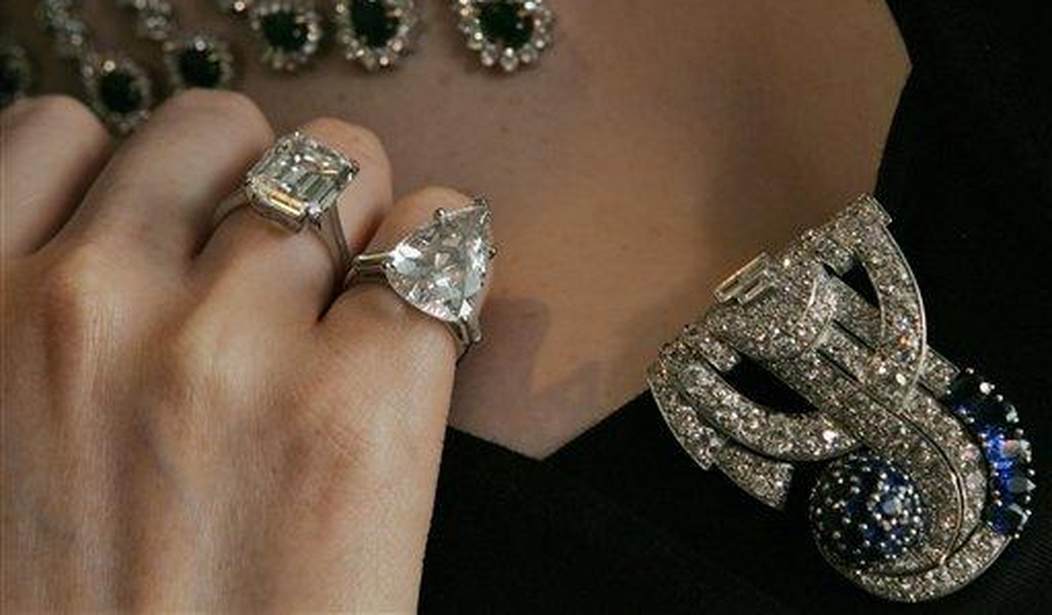
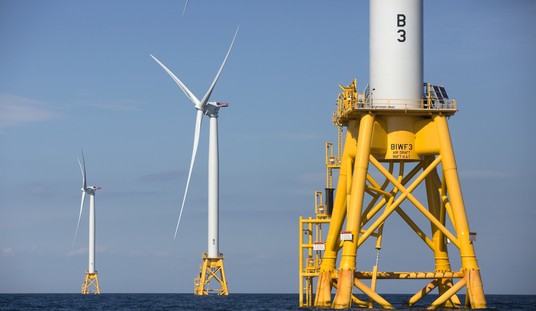
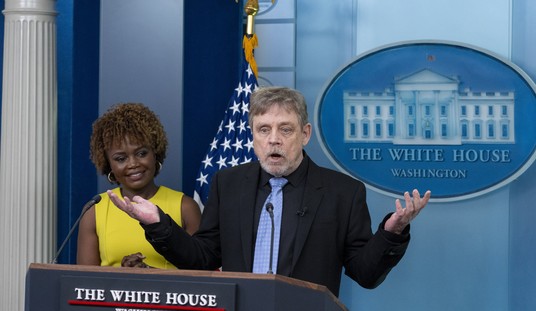


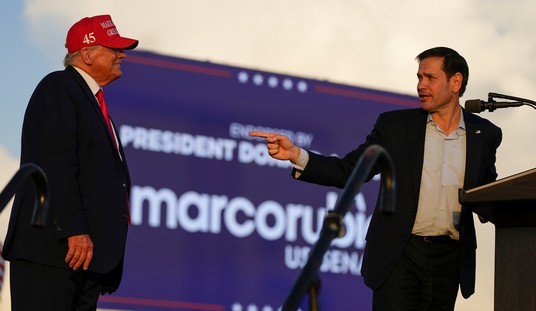
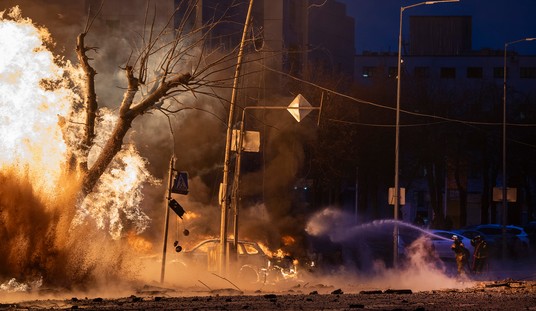
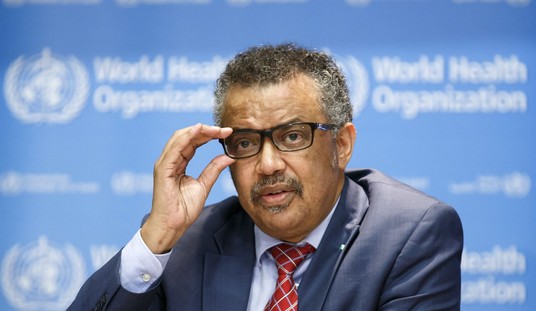
Join the conversation as a VIP Member